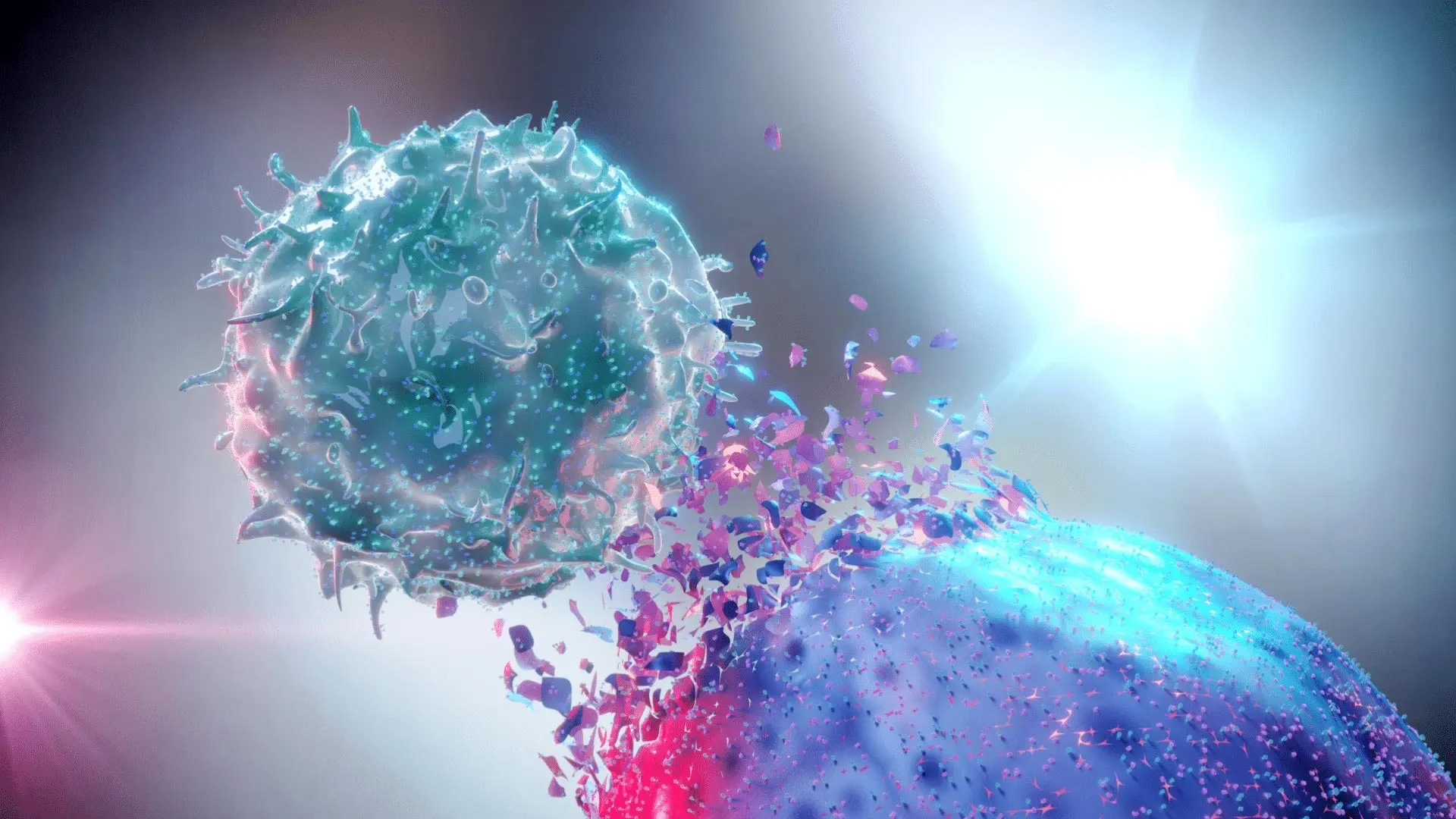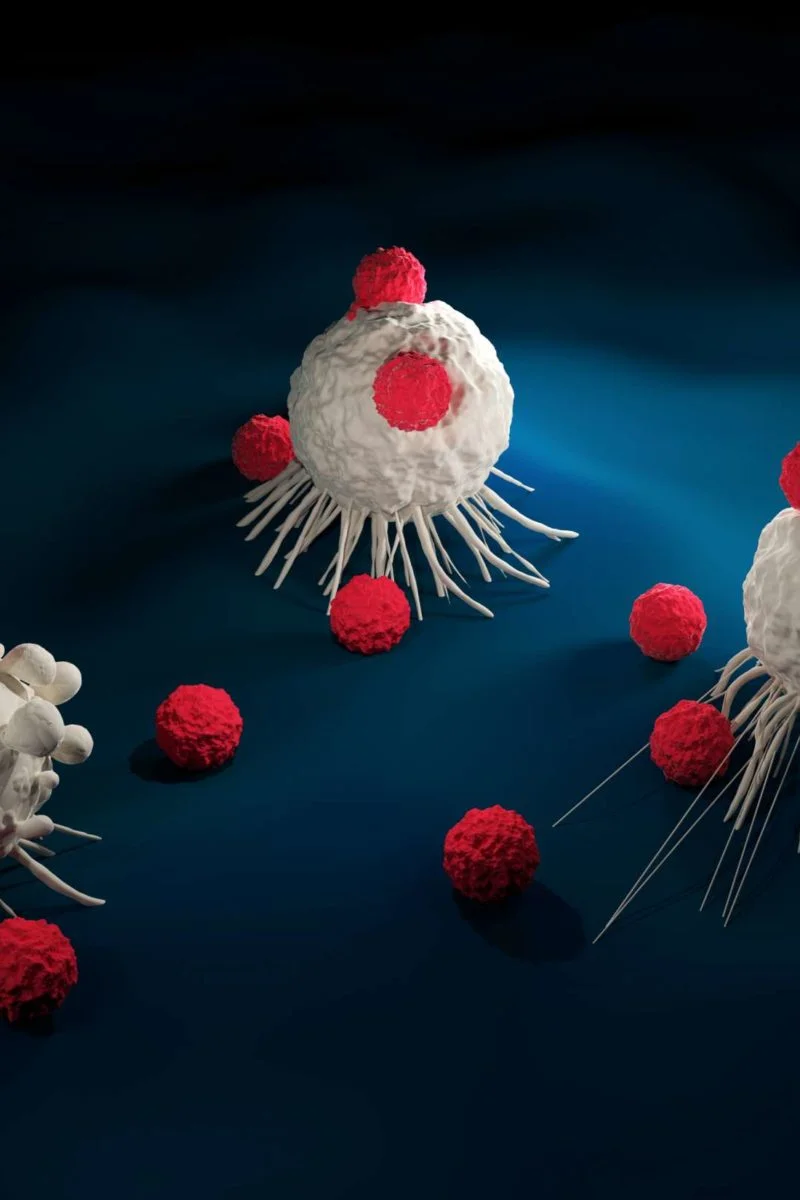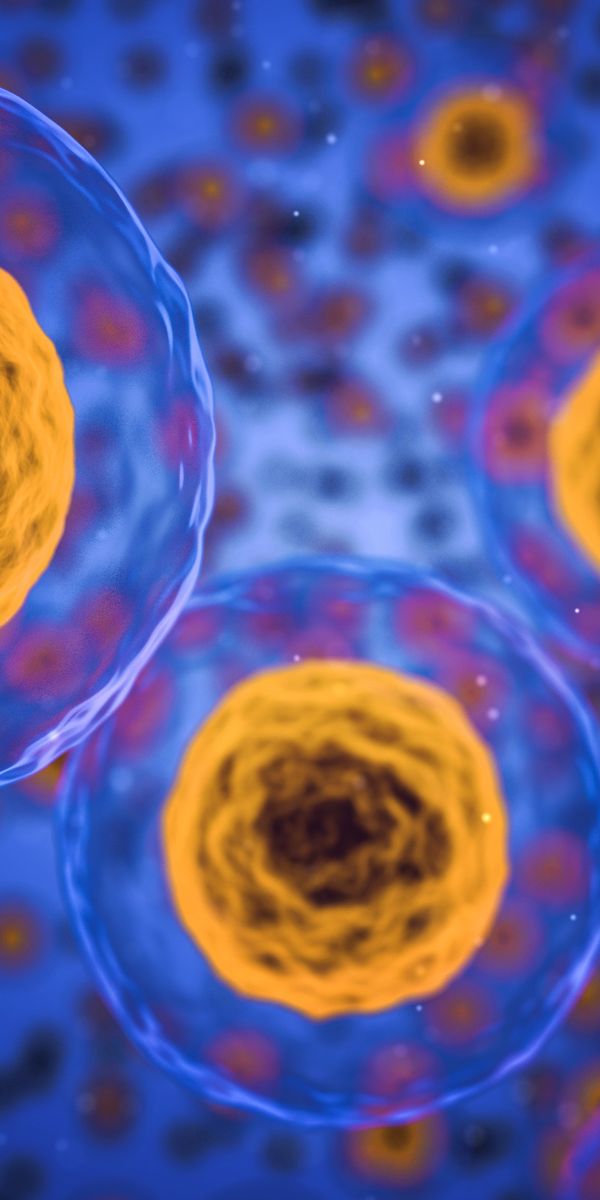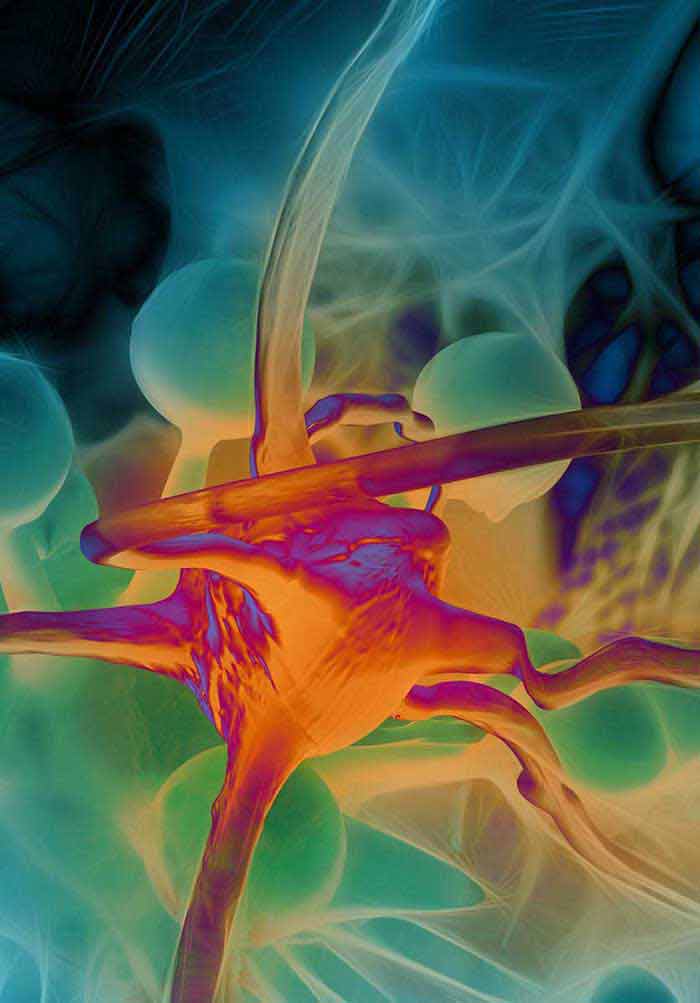- Home
- Our Services
CANCERS WE TREAT
TREATMENT OPTIONS
- About Us
About North Houston
Cancer ClinicsNorth Houston Cancer Clinics is a leading cancer center specializing in treating various types of cancers and blood disorders.Meet our specialized cancer care team
Choosing excellence, transforming cancer care together
Quality Oncology Practice Initiative (QOPI) Certification Program
Discover Our Healing Spaces: Virtual Office TourFirst day visit at North Houston Cancer Clinics
Real Stories, Inspiring Journeys, Patient Testimonies
- New patient
Becoming a patient at North Houston Clinics
Embark on your journey to health with us. Seamless, compassionate care awaits as you become a patient at North Houston Clinics.
Effortless Registration, Portal to Wellness JourneyYour Health, Your Time, Your AppointmentFrequently Asked Questions For New Patients - Blogs
- Contact Us
- Home
- Our Services
CANCERS WE TREAT
TREATMENT OPTIONS
- About Us
About North Houston
Cancer ClinicsNorth Houston Cancer Clinics is a leading cancer center specializing in treating various types of cancers and blood disorders.Meet our specialized cancer care team
Choosing excellence, transforming cancer care together
Quality Oncology Practice Initiative (QOPI) Certification Program
Discover Our Healing Spaces: Virtual Office TourFirst day visit at North Houston Cancer Clinics
Real Stories, Inspiring Journeys, Patient Testimonies
- New patient
Becoming a patient at North Houston Clinics
Embark on your journey to health with us. Seamless, compassionate care awaits as you become a patient at North Houston Clinics.
Effortless Registration, Portal to Wellness JourneyYour Health, Your Time, Your AppointmentFrequently Asked Questions For New Patients - Blogs
- Contact Us
Immunotherapy
Immunotherapy is a type of therapy used for the treatment of cancer. In this method some immune active agents and medications are provided to the patients which will make the immune system strong and capable enough to fight with the cancer cells present in the body.
Understanding Immunotherapy: The Power of the Immune System
Activate the immune system: Immunotherapy involves giving those immune active chemicals and medications to patients that activate the immune system and improve efficiency by eliminating and killing the cancer cells.
Improves Immune Targeting: Sometimes the immune system and its cells did not recognize the foreign cells and cancer cells that why immunotherapy makes these cells more vigilant and helps in effective recognition and targeting of tumor cells.


- Overcoming Immune Evasion
- Long-Term Benefits
- Combination Therapies
- Promising Results Across Cancer Types
In Northern Houston Cancer Clinics we strive to provide support and power so that our patients can have hope, healing, and a future even after cancer
Diverse Types of Immunotherapies
Different approaches within immuno-therapy aim at obtaining unique ways by which to exploit human immunity against diseases such as cancers. In North Houston Cancer Clinics we have something for everyone from among our client base in terms of different types of immunotherapies.
– Checkpoint Inhibitors: These medications block proteins that hinder immune cell attack on malignant cells hence facilitating recognition of and more effective destruction of these tumors.
– CAR T-cell Therapy: This involves genetically modifying a patient’s T-cells to more effectively eliminate cancer cells. It has shown great promise, especially in blood cancers like leukemia or lymphoma.
– Therapeutic Vaccines: Instead of preventing diseases like traditional vaccines, therapeutic vaccines stimulate the immune system against cancerous cells. These are used to treat already existing cancer or prevent recurrence.
– Monoclonal Antibodies: These are laboratory-manufactured proteins that can attach themselves specifically to chosen proteins found on tumor cells before activating the body’s defense mechanism which kills such tumor cells.
The range of immunotherapy options provided by North Houston Cancer Clinics ensures that every patient receives highly personalized care suited for his or her particular form of cancer and general health status.


Effectiveness of Immunotherapy
- Immunotherapy may cause immune-related side effects such as inflammation of organs or tissues, which may require close monitoring and management. Responsiveness to immunotherapy varies depending on factors like the type of cancer, its stage, and the individual’s immunity status.
- Expensive treatment and limited access can be experienced for some patients receiving immunotherapy due to insurance coverage or availability of these drugs.
- At North Houston Cancer Clinics, our expert oncologists work closely with their patients to provide immunotherapy’s best treatment and benefits for creating a personalized treatment plan that gives safety and efficiency.
- In some cases, the effectiveness of immunotherapy has been remarkable leading to durable responses with long-term remission and improved quality of life for the patients.
- Patients who are contemplating this novel method should have an understanding of how it works and its potential success.
- Our dedication at North Houston Cancer Clinics is ensuring comprehensive programs in immunotherapy while providing personal care aimed at achieving the best results in treating cancer.
Process of Immunotherapy Infusion & Activation
Immunotherapy usually starts when specialized drugs or cell therapies are administered intravenously or through injections. When introduced into the body, it creates a complex process by which it activates the immune system against cancer cells.
– Recognition of Tumor Cells: Immunotherapeutics are designed to interact selectively with proteins/molecules expressed at the outer surface of tumor cells thus making them vulnerable to elimination by host defense mechanism.
– Activating Immunity: Once cancer cells are identified, many immune cells get energized including natural killer (NK) cells, macrophages, and T-cells. These activated immune cells attack malignant growths throughout one’s body.
– Boosting Immune Response: By doing so, immunotherapies can facilitate enhancement in overall fitness level whereby immunity becomes more capable of sensing and destroying neoplastic diseases. Thereby providing durable replies resulting in safeguarding from recurrent cancers.
– Duration to onset efficacy: It is important to note that the time for immunotherapy to start working depends on factors like patient characteristics, disease nature, and aggressiveness, as well as the type of immunotherapy.

